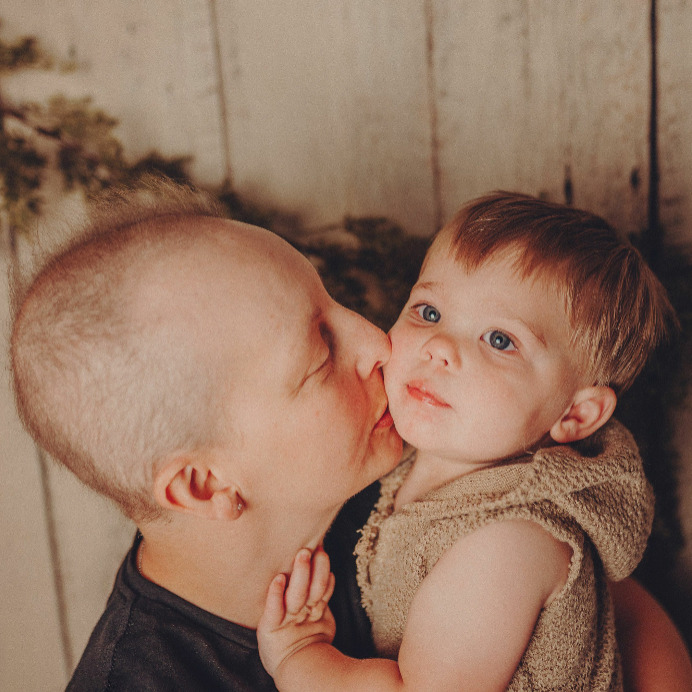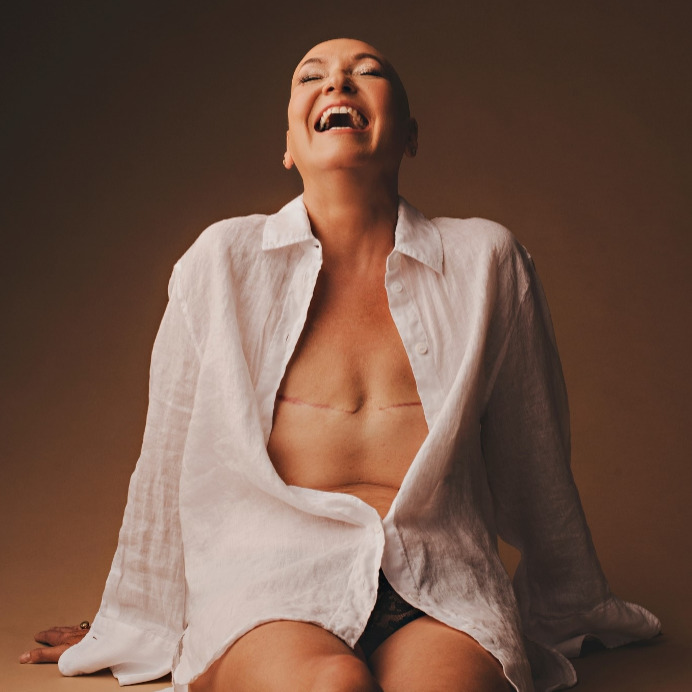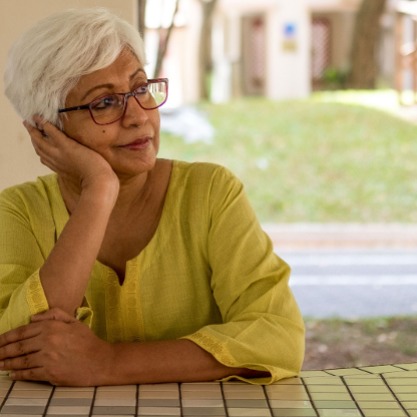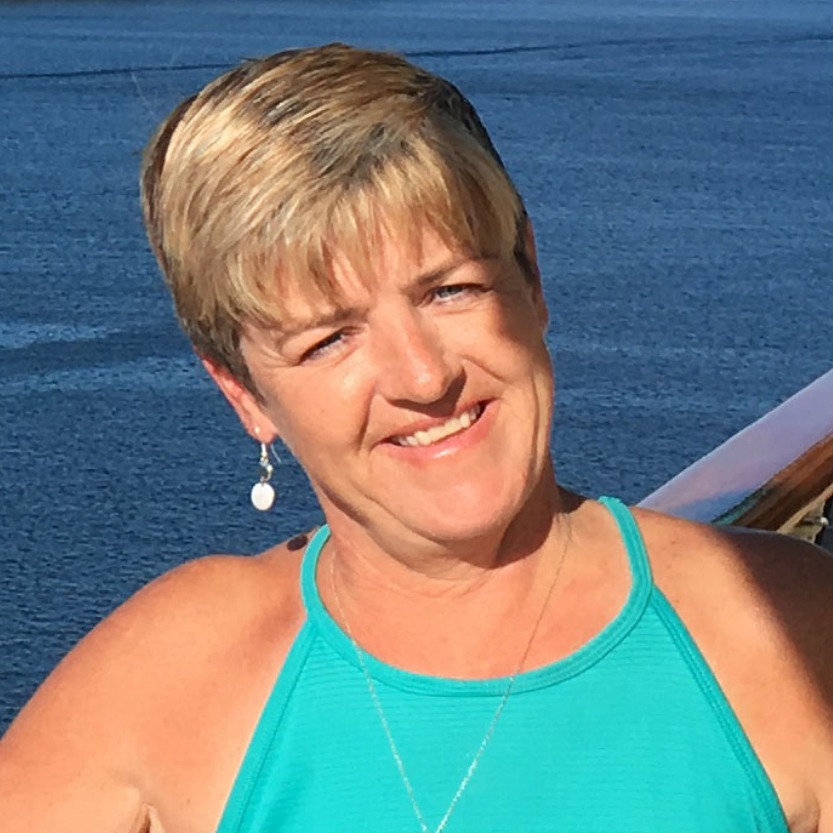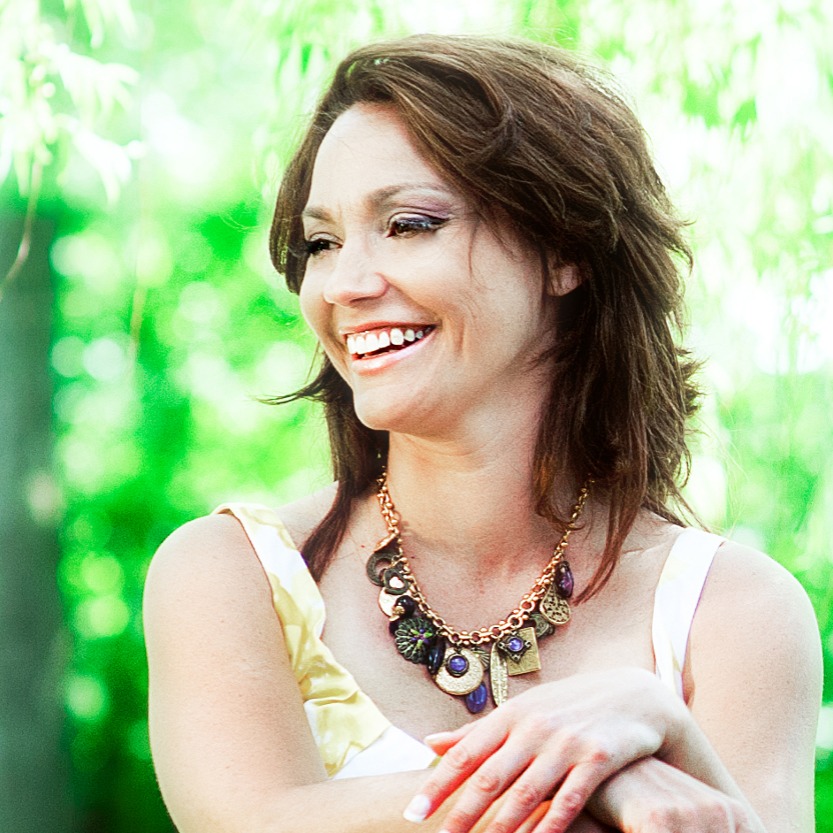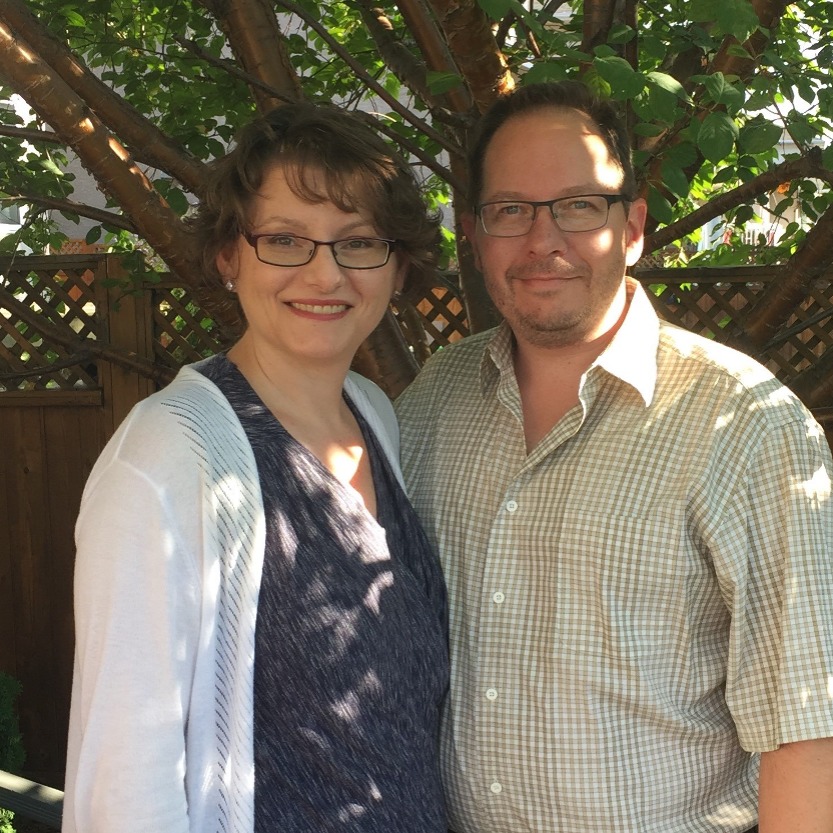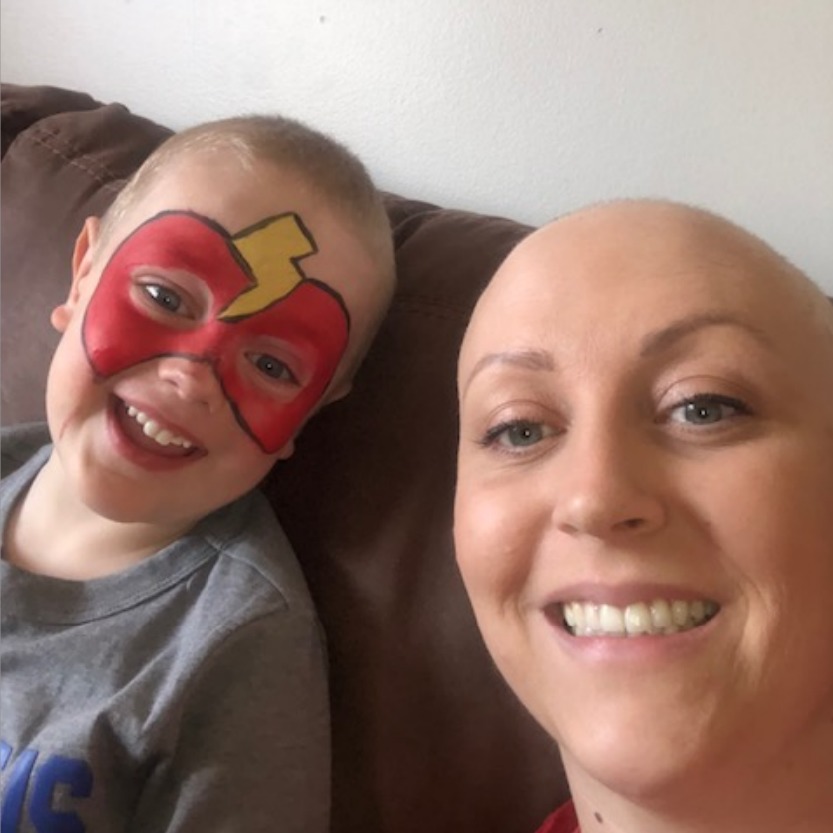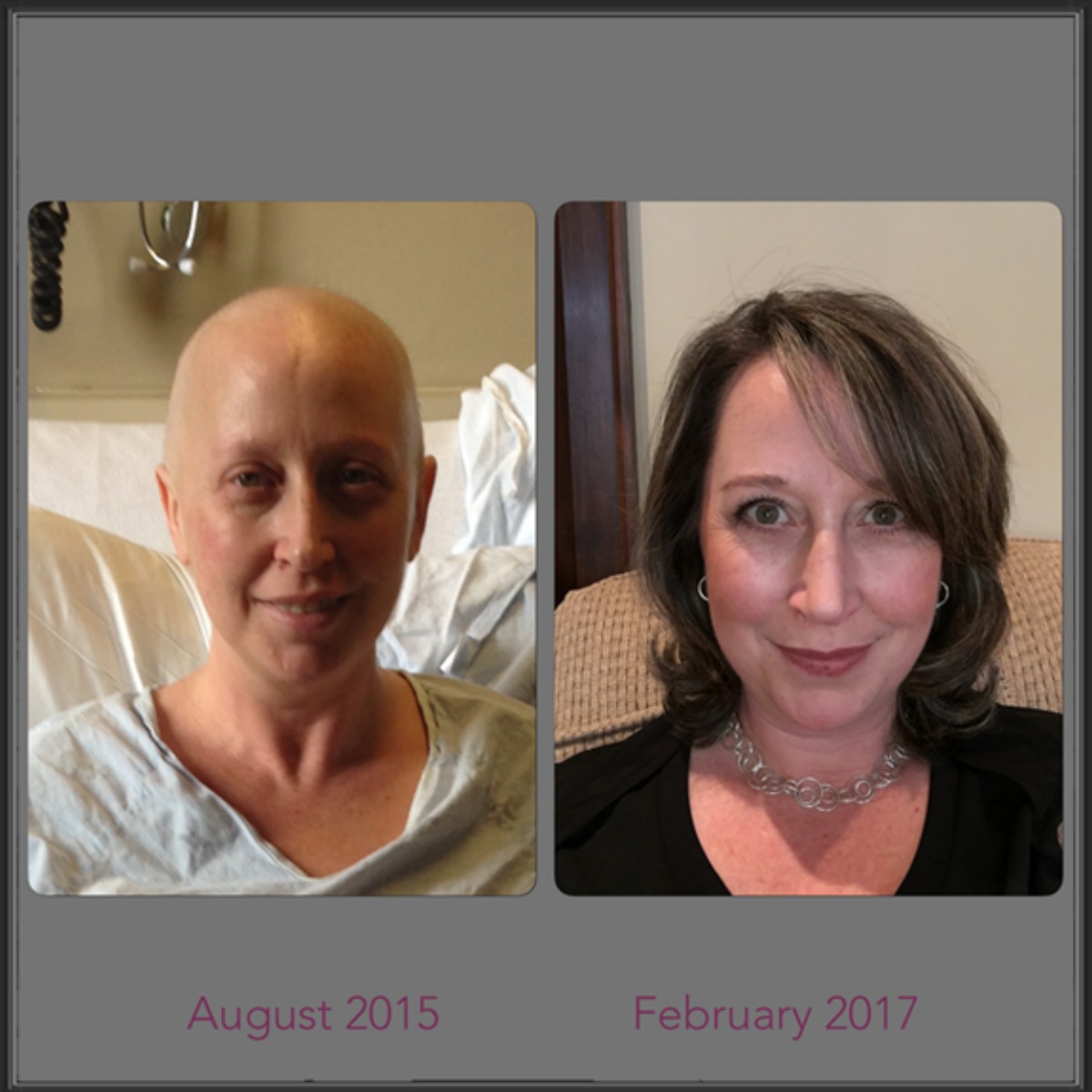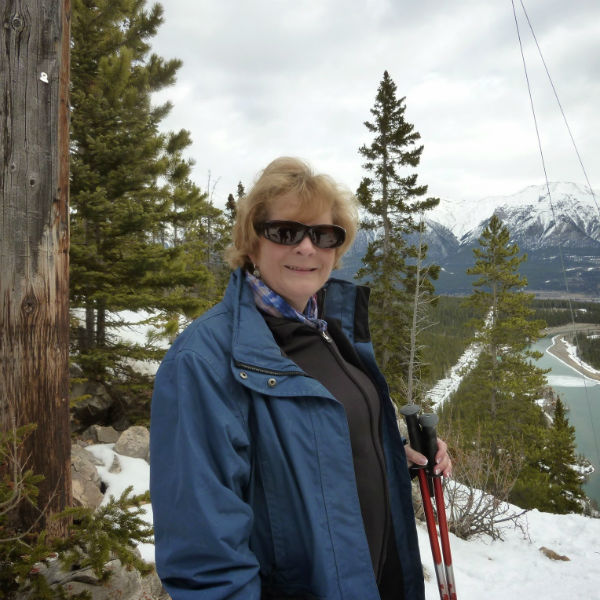By continuing to use our site, you consent to the processing of cookies, user data (location information, type and version of the OS, the type and version of the browser, the type of device and the resolution of its screen, the source of where the user came from, from which site or for what advertisement, language OS and Browser, which pages are opened and to which buttons the user presses, ip-address) for the purpose of site functioning, retargeting and statistical surveys and reviews. If you do not want your data to be processed, please leave the site.
The Voice of People With Breast Cancer
Education
Our Voices Blog
Tag : reconstruction
Tears and Laughter – My MBC Story, Part 1
I was unprepared for the results received on a brilliant April afternoon. Looking back, I may have wondered at being the last patient in the waiting room, or the offer of a cup of tea as I was shown a seat. The lump was an invasive ductal carcinoma – I had breast cancer.
A Mother and a Young Cancer Patient
I am 33-year-old woman from Alberta, Canada. I used to work in the oilfield until I had my son in September 2021. I used to be very independent, and an active dog mom to four dogs. I am now a proud mom of five dogs and one tiny human! I found a lump at two months postpartum but thought it was a blocked milk duct. It kept getting bigger, so I went in on February 28, 2022. I was sent to get an ultrasound and a mammogram on March 1st and 2nd. I was biopsied on March 4th, and my pathology report came back on March 21st. I was diagnosed with invasive ductal carcinoma.
I Only Wanted One Surgery, So I Chose AFC Reconstruction
This year 28,000 women in Canada will be diagnosed with breast cancer. On March 10, 2022, I became one of those women. Disturbingly, within a month of my diagnosis, two more of my close friends received their breast cancer diagnoses. In total, I have 15 close friends and counting who are either breast cancer survivors, or who are currently battling breast cancer. This silent epidemic seems to be growing at an extraordinary pace.
What to do if you have textured implants and are worried about their links to lymphoma
We’ve been hearing a lot of discussion in the news lately about textured implants and their link to a rare form of lymphoma; a cancer now known as breast implant-associated anaplastic large cell lymphoma (BIA-ALCL). Recently, Health Canada moved to suspend these implants from being used in Canada.
Living flat is freedom
My name is Alison Thompson and I was diagnosed with breast cancer five years ago. To give you some background, my mother was diagnosed with breast cancer about 15 years ago. Her cancer was an aggressive form. It spread to her spine and brain, and she passed away about three years after the initial diagnosis.
Finding Harmony after Breast Reconstruction
I was forty years old, running a successful business, comfortable in my finances, and feeling ready to settle down and start a family. Suddenly, a breast cancer diagnosis upended my sense of contentment and sent me on a journey of chemotherapy, immunotherapy, hormone therapy, a preventative double mastectomy, and, ultimately, reconstructive surgery.
SurgeryGuide is much-needed
For Andrea Sveinbjornson of Regina, the Canadian Breast Cancer Network’s new SurgeryGuide is an invaluable tool, one that she wishes she had when she had to make decisions about breast surgery in 2016.
SurgeryGuide: Helping you understand your surgical options
We all know how integral surgery is for the treatment of breast cancer. It’s usually the first step in treating early stages of the disease which means it can come quickly after diagnosis. The time when you’re still processing your diagnosis is also the time when you’re making some of the most important decisions about your treatment. Trying to make these decisions while learning this new, complicated language called cancer doesn’t make those decisions any easier.
The innocence of a toddler and the reality of cancer
It was just another typical morning in our house, trying to get my son fed and dressed before I take him to daycare. As I am multitasking, getting myself dressed and making sure my son is actually brushing his teeth, I notice he’s watching me. He’s still trying to process those two large scars across my chest. The incisions are still fresh and slowly healing and turning to scars. Scars that represent where my breasts once were but now is just an empty space. He finally pipes up. “When are your boobies going to grow back, Mommy?” He asks so innocently.
History of breast cancer treatment
People have known about breast cancer since ancient times. For most of that time, there were no effective treatments. However, in the last 120 years, advances in surgical and medical treatments have meant that today, 98 percent of patients with localized breast cancer survive at least five years after diagnosis. The following timeline shows the development of breast cancer treatments.
The flying trapeze artist: Hanging in thin air, waiting for the rest of my life to begin
For Jenn Abbott, finishing treatment for breast cancer is like a flying trapeze. Having received her “NED” (no evidence of disease), she is in mid-air, no longer holding on to the bar that represents the medical team that saved her life, while at the same time, not yet catching the second bar that represents the rest of her life after cancer. She is in limbo, facing post-traumatic stress disorder brought on by her cancer treatment which included five surgeries and a severe adverse reaction to chemotherapy that meant she had to stay in the hospital for two weeks. She feels PTSD after cancer treatment is real.
Improving your body image after your mastectomy
Struggling with body image is an age-old tradition for women. We can be so critical in how we see ourselves. Too fat, too skinny, bad skin, bad hair…every woman has one aspect of their bodies that they do not like or wish they could change. Add getting breast cancer to the mix and all those insecurities get amplified.
Living with breast cancer mindfully and joyfully
In 2003, I was a happily married, active, stay-at-home mom in Calgary, Alberta, where I was born and raised. I was 46 years old and filled my days going to the gym to work out, volunteering at the school and church, and running an active household. My son was 13 and my daughters were 11 and 8 at the time. I felt healthy and not overly stressed.


